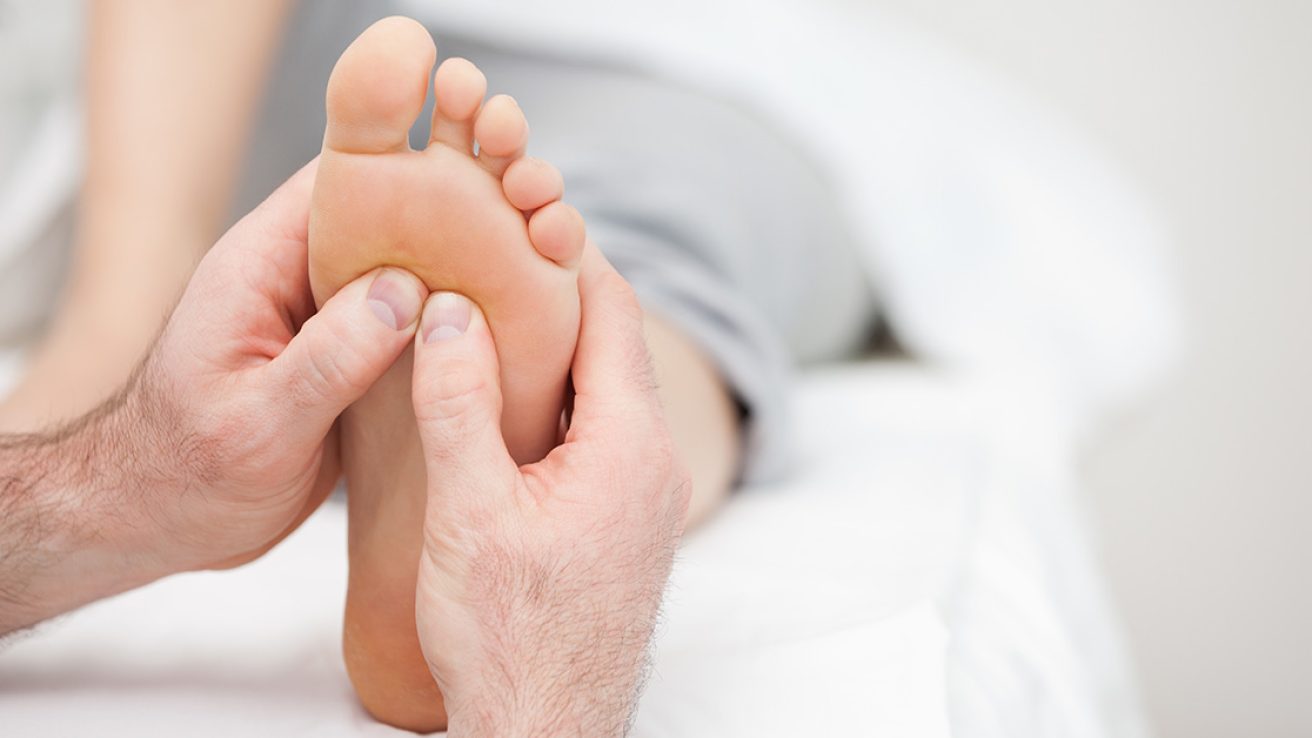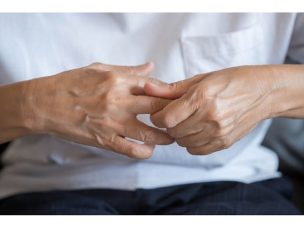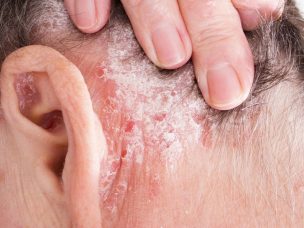THURSDAY, Feb. 4, 2021 (HealthDay News) — Social deprivation is associated with diabetes-related foot disease (DFD) in patients newly diagnosed with type 2 diabetes, according to a study published online Jan. 22 in Diabetes Care.
Jenny Riley, from University of Birmingham in the United Kingdom, and colleagues investigated the relationship between social deprivation and incident DFD in newly diagnosed patients with type 2 diabetes. The analysis included 150,265 patients.
The researchers found that over 3.27 years, DFD developed in 12.1 percent of the study population. Using the Townsend deprivation index, individuals in the most deprived quintile had an increased risk for DFD versus those in the least deprived quintile (adjusted hazard ratio [aHR], 1.22) when adjusting for sex, age at type 2 diabetes diagnosis, ethnicity, smoking, body mass index, hemoglobin A1c, cardiovascular disease, hypertension, retinopathy, estimated glomerular filtration rate, insulin, glucose/lipid-lowering medication, and baseline foot risk. Additionally, compared with those in the least deprived quintile, those in the most deprived quintile had a higher risk for peripheral neuropathy (aHR, 1.18), foot ulcer (aHR, 1.44), peripheral vascular disease (aHR, 1.40), lower-limb amputation (aHR, 1.75), and gangrene (aHR, 8.49).
“Considering the high individual and economic burdens of DFD, strategies targeting patients in socially deprived areas are needed to reduce health inequalities,” the authors write.
Abstract/Full Text (subscription or payment may be required)










